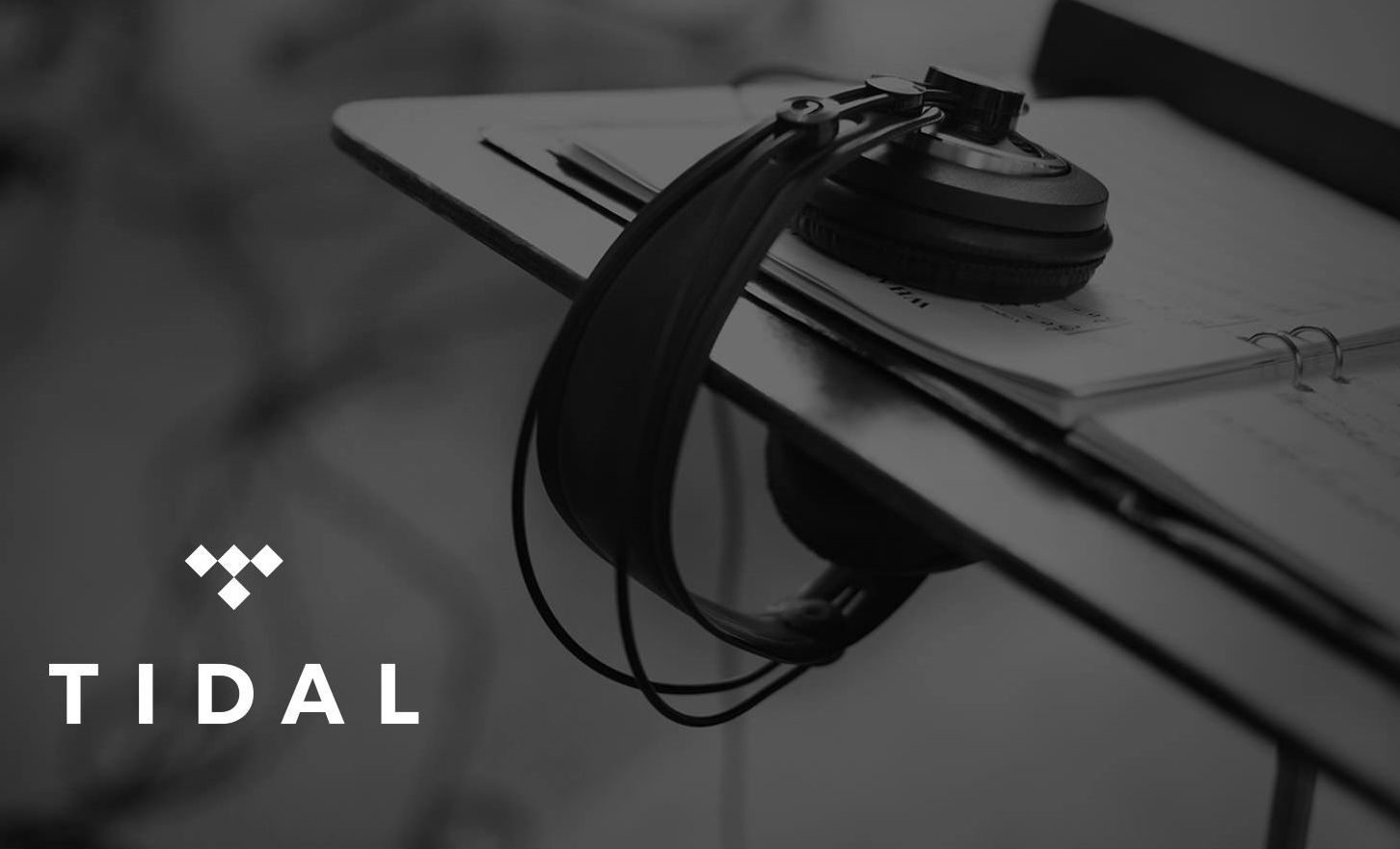Jay Z and co’s Tidal platform claims to have three things going for it: hi-res audio, exclusive content, and more money to artists.
First off, let’s be clear — hi-res audio is a waste of everyone’s time. How many times have you been listening to Spotify and thought, “This is great — I just wish the sound quality was better”? It doesn’t happen. It’s basically been proven that we can’t hear the difference. Rarely has there been a better example of a solution in search of a problem.
Then you’ve got the exclusive content. There are some big names behind Tidal — I’m sure they’ll be able to serve up some tracks and videos that you can’t get anywhere else. But, again, what problem do you solve by serving up exclusive content? It’s a nice bonus, but it can’t be the core of the product, and it doesn’t do anything to solve any of the issues that the musicians behind it are claiming are their reasons for creating Tidal.
So then we get to the crux of the matter — how much money goes to artists. It’s pretty clear that, despite talk of hi-res audio and exclusive content, the driving force behind Tidal is the view of its celebrity backers that they’re not making enough money from their music.
So let’s look at the money question.
Spotify has two tiers — £10 a month or free plus ads. The reason Spotify charges £10 a month? The labels insist on it. But it’s demonstrably too expensive for lots of people to want to shell out for — and this isn’t just some moral bankruptcy of the digital age. If you look at the spending habits of people who were buying music back in 1999, at the peak of CD sales and the record industry in general, the average amount someone would spend was $64 a year. So, essentially, the labels have made Spotify charge double what people are actually willing to spend.
This leaves a huge number of people who are willing to spend money on music, but would never have dreamed of spending £120 a year on it. So the question for Spotify is how to come up with a model that serves these people, too.
To me, having a free tier that’s paid for through ads seems like a pretty good solution. It means there’s no one who won’t sign up because there’s a gap between how much they’re willing to spend and the lowest available tier; it means free users are given constant reminders of how great it would be to become a paid user and get rid of the ads; and it provides revenue that can be divided up amongst the artists on the platform precisely according to how many listens those artists get.
Yes, revenues in the music industry have gone down. But, frankly, they were always going to go down as soon as we figured out we could unbundle the tracks people actually wanted to listen to from the disastrous buy-the-whole-album model of the 90s.
The percentage of profits that Spotify is taking – 30% - is no more than the manufacturers, distributors and retailers took in the days of CDs. Meanwhile, the labels are still taking huge chunks of artists’ revenues, just as they always have, while arguably having much less to offer artists than they used to. If you ask me, the musicians behind Tidal are fighting the wrong enemy.
Ultimately, it’s about the problems Tidal solves (or fails to solve). They’ve solved two problems — with hi-res audio and exclusive content — that don’t exist. They’ve then looked at another perceived problem — artists not being paid enough — and come up with a ridiculously simplistic solution (‘let’s scrap the free tier and let people pay double if they want’). A business that claims to solve three problems, two of which don’t actually exist and one of which is treated in such a simplistic way, doesn’t sound like a great business to me.
Essentially, Tidal offers nothing more than the same service as Spotify at a higher price. And that’s just not a good draw to use it. It may be that there’s a solution out there that will improve on Spotify’s model — that will get more money to artists while not detracting from the user experience. But Tidal isn’t it. And if no one uses it, it’s not going to make a difference to artists, big or small.
Ed Rex is founder and CEO of London startup Juke Deck, which provides unique, royalty-free music for videos.

